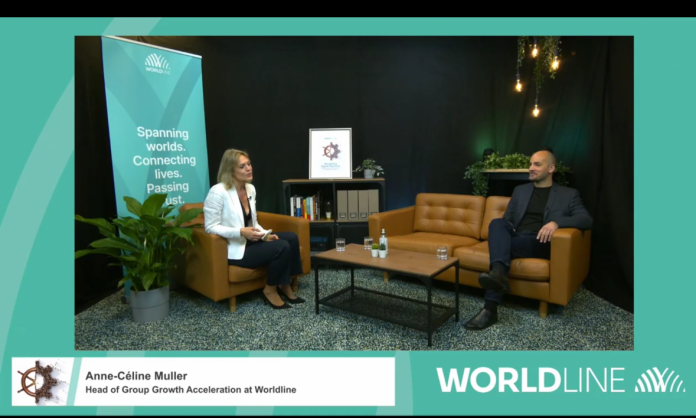The payment ecosystem continues to evolve at a rapid rate and significantly impacts the day-to-day lives of consumers and businesses.
Speaking as part of the Worldline web series, entitled Navigating Digital Payments in 2030, a panel of experts came together to discuss how these complexities can be simplified and the payment sector can navigate smoothly into the new generation.
Commencing the discussion, David Daly, Scientific Community Editor in Chief at Worldline, underlined that the global payment industry is aligned by a shared passion for innovation.
He went on to emphasise that a smooth consumer payment journey is pivotal to the growth and success of various sectors, detailing that whilst the ‘payment landscape is very complex’, whilst the experience that merchants and users desire has to be simplified.
He cited a variety of avenues for the experience as being key to increasing the smoothness of the payment journey, however, added that unification of diversification can play a crucial role when it comes to efficiency in the user experience.
As complexities increase, including from an evolving regulatory landscape, he added that desire for a smooth journey will grow from consumers.
Nonetheless, as fintech grows and payments elevates its embracing of a new digital era, the digital divide and financial inclusion are something both Daly and panelist Karen Elliott, professor at Newcastle University, both underlined as needing to be a focus for regulators and the sector.
Elliott stated that it isn’t just about access, but also education: “When we are talking about the future of payments, whilst some people find this really exciting, for others who perhaps have literacy issues, this is a rather challenging area.”
She went on to reveal that as part of the Digital Poverty Alliance, she met the Government to discuss how they can collaborate to tackle these issues in the future and reduce barriers enabling the full spectrum of users to engage with the latest payment tech.
According to Elliott, the digital divide goes across the economy, societal issues, and also ecological systems, in order to combat this she cited the effective use of data tapping into the right demographics and ensuring data is leveraged in an impactful and correct way.
‘As we rush towards the cashless society, we can’t just leave people, who have been transacting in cash left alone’, added Elliott, as she revealed a significant portion of the population still utilise ATMs for cash.
“There are questions to be asked around how we are using ethical design upfront to make sure that what we build in the future is inclusive and takes account of how society is changing,” concluded the Newcastle professor as she sought to map out a strategy for a sustainable future of the payments sector.




















